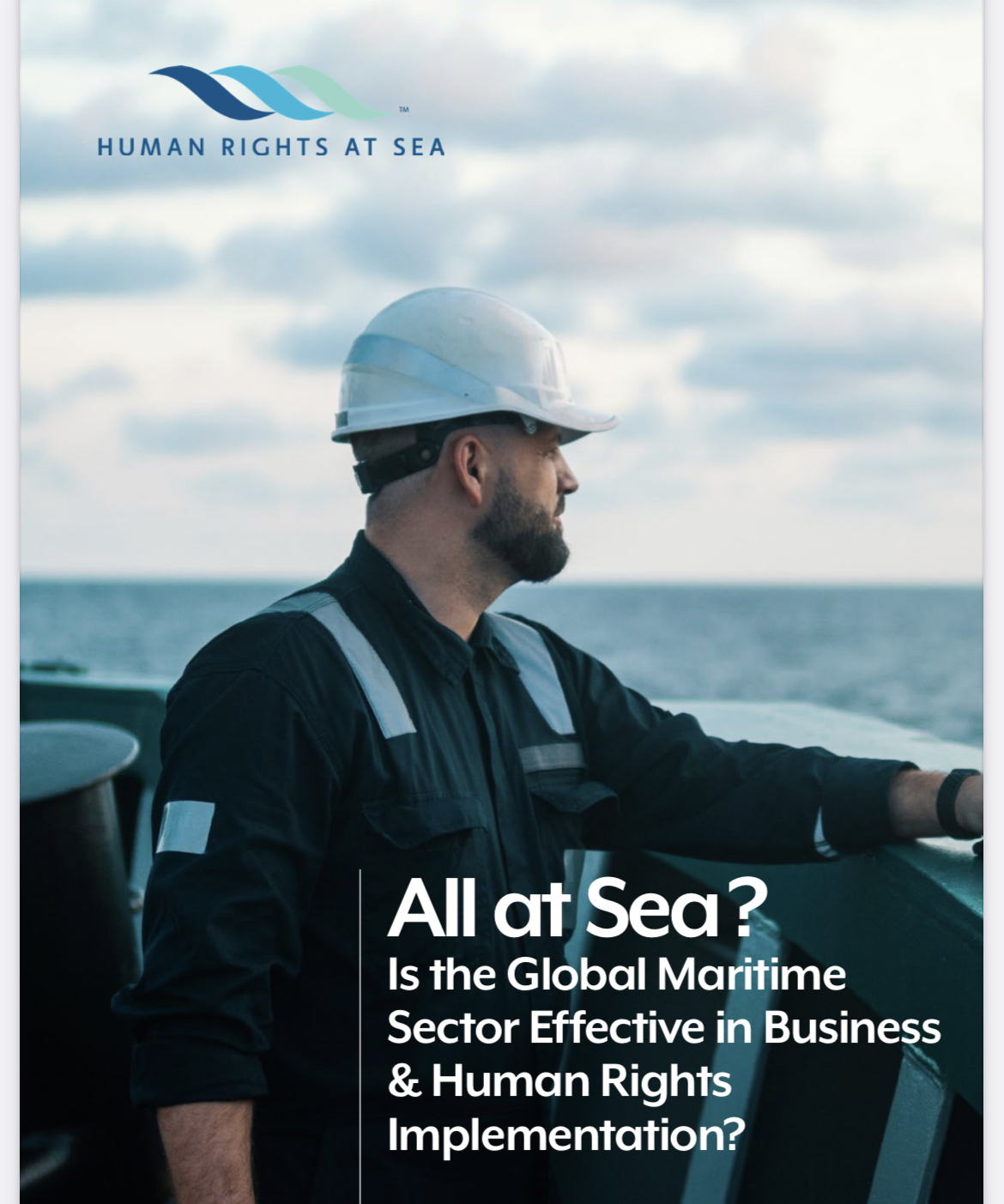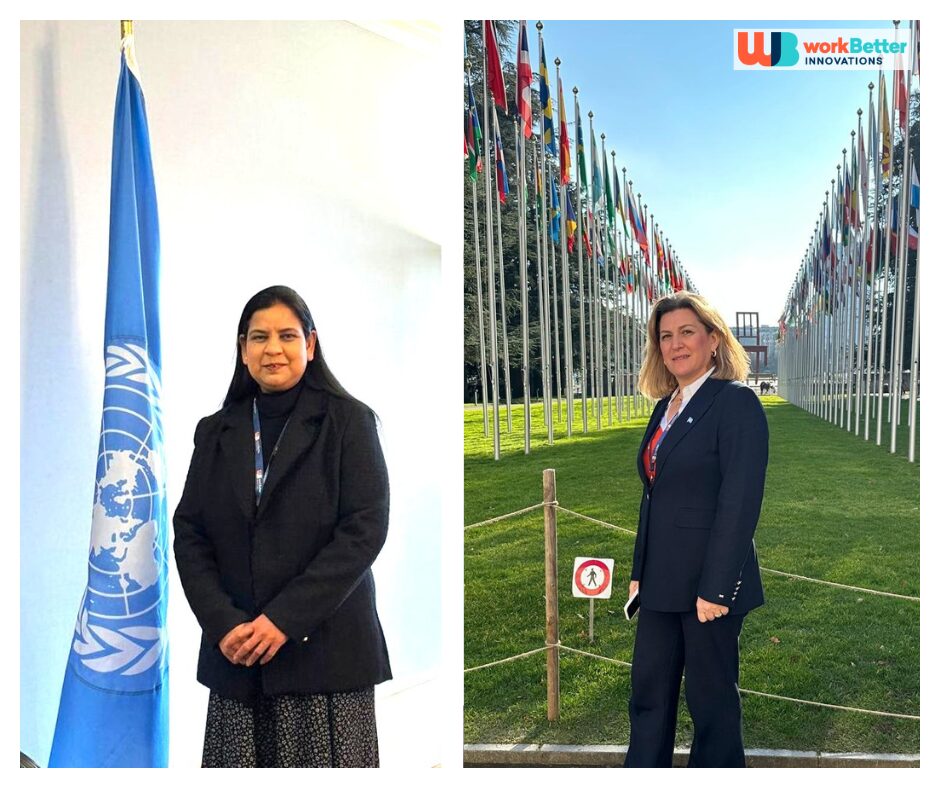27 October 2022. The latest report by Human Rights at Sea, a UK-registered NGO, on corporate responsibility in maritime was published with contributions from Work Better Innovations’ Executive Director, Dr Bonny Ling. Written over the course of three years of extensive research, the report reviews developments made under the UN Guiding Principles on Business and Human Rights (UNGPs) and what they mean for a responsible maritime economy.

[Photo credits – Bonny Ling]
From shipping to the global fishing industry, oil, gas, renewable energies and tourism, the seas are the operational territory of significant business activity. An estimated 90 percent of the total number of exported and imported goods is transported by sea, with around 1.6 million commercial seafarers working at sea.
These astounding figures make ‘sea blindness’ — the fact that human and environmental rights abuses occurring offshore are often out of sight and, therefore, remain unaddressed by state authorities — even more concerning.
The increasing number of people using water as their migration route, as well as those whose livelihoods depend on the maritime economy underscore a growing need for their protection against violations of their human rights at sea.
The plight of seafarers during the COVID-19 pandemic was brought to the forefront in the media, as many seafarers were “stranded at sea for prolonged periods with difficulties in crew changes, access to medical facilities, closure of port state access and the late payment of wages resulting in historic levels of seafarer abandonment” (p. 9).
Although it is the State’s duty to protect human rights, as per Pillar I of the UNGPs, the report identifies that one of the biggest challenges is confusion over state jurisdiction and lack of legal implementation in distant waters, resulting in a human rights vacuum.
The introduction of mandatory human rights legislation specifically targeted at business actors in terms of corporate reporting obligations can start to fill this human rights vacuum at sea by ensuring that businesses actively identify, prevent, mitigate and remedy human rights violations.
The UNGP identified three essential steps for business enterprises to fulfil their corporate responsibility to respect human rights:

The focus on tracking and addressing businesses’ impact on human rights throughout their entire operations, from the start of their supply chains all the way to the end, indicates a step up from the usual corporate social responsibility (CSR) and sustainability policies. Voluntary community engagement and environmental campaigns cannot fix the wrongs of such serious human rights violations as forced labour or human trafficking.
Despite undeniable progress, the report emphasised the need for due diligence to go beyond simply identifying human rights impacts and how greater efforts must go towards effectively addressing negative impacts.
It is up to all maritime sector stakeholders, including those related to merchant shipping, passenger transport, offshore oil and gas and fishing, to apply the available tools, learn from peers who are further ahead and come together at industry-level with all stakeholders to achieve widespread change.

[Photo credits – Bonny Ling]
Read the full report here (copyright 2022 Human Rights at Sea).






